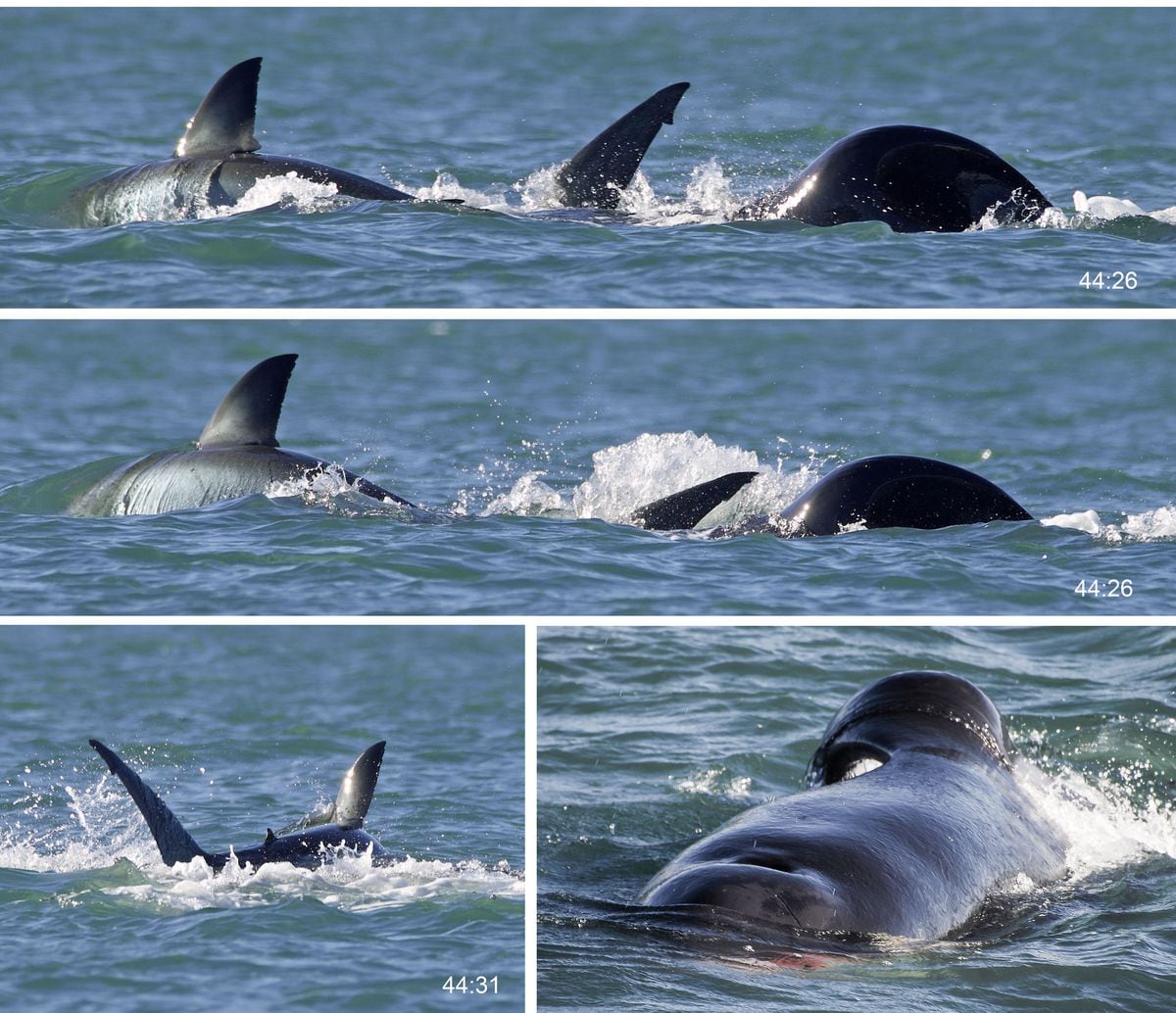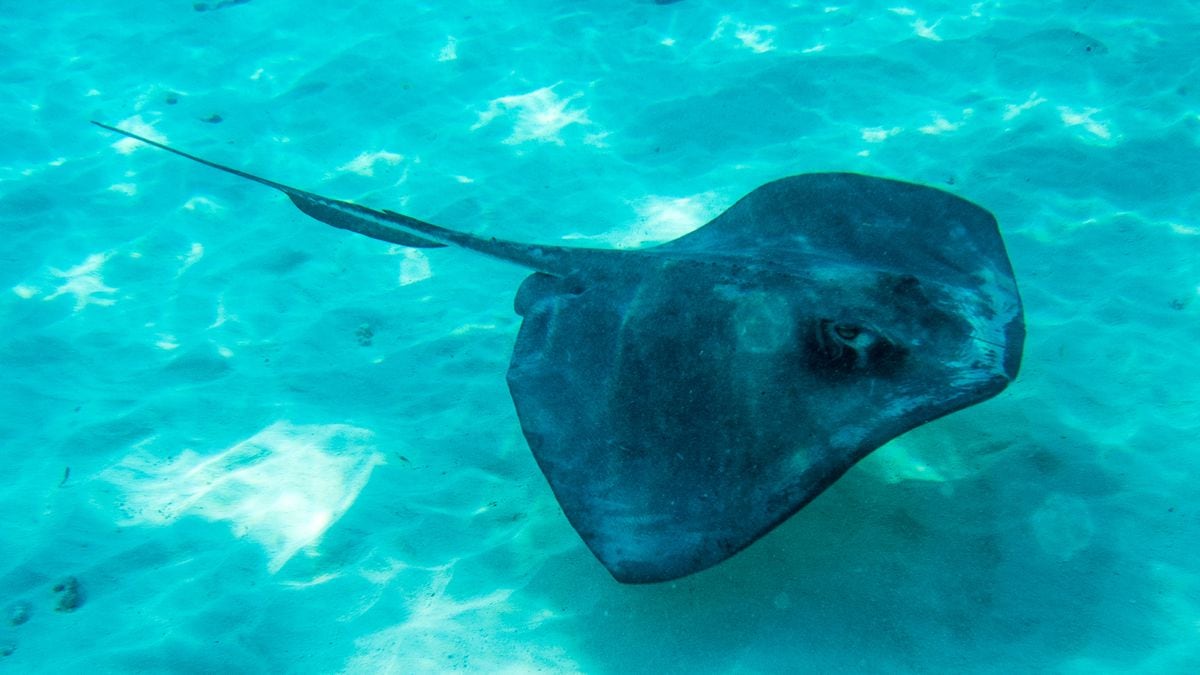- Click to share on Facebook (Opens in a new window)
- Click to share on Twitter (Opens in a new window)
- Click here to share on LinkedIn (Opens in a new window)
- Click to email a friend (Opens in a new window)
Where is the great white shark? 3:06
(CNN) - Yes, some sharks walk. Fortunately not the scary ones.
While the great white sharks roam the depths of the ocean, the walking sharks are content to sneak into the shallow waters.
They have been walking, or something similar, for at least 9 million years.
They are also evolutionary superstars: walking sharks could be the most recently evolved shark on Earth.
That's according to the findings published this week in Marine and Freshwater Research. Shark scientists spent years testing the DNA of the only known species of walking sharks to estimate when they evolved. They found four new species while they were at it.
Younger species could have evolved less than 2 million years ago. And according to evolutionary standards, that is recent - and a great contradiction to the widespread belief that sharks evolve slowly.
"The discovery shows that modern sharks have remarkable evolutionary staying power and the ability to adapt to environmental changes," said Mark Erdmann, co-author of the document and vice president of Conservation International for marine programs in Asia and the Pacific.
Sharks are older than dinosaurs and have dominated the seas for 400 million years (by comparison, it is believed that the oldest dinosaur fossil is about 240 million years old). So, the fact that sharks continue to evolve 399 million years later is quite remarkable.
How they walk and where they do it
Walking sharks, also called epaulette sharks because of their spots that resemble military decoration, "walk" on their muscular fins to look for small fish along shallow reefs.
It is a behavior partially driven by changes in sea level and changing landscapes, which ultimately influenced the place where most of the nine known species settled: eastern Indonesia and neighboring islands, New Guinea and parts of Australia .
This walking shark, which resides in a shallow ocean in front of New Guinea, uses its fins to "walk" along the sea floor in search of food.
Based on the differences in shark DNA, scientists created estimated evolutionary timelines. They discovered that walking sharks began to separate from their evolutionary relatives about 9 million years ago.
During mass extinction events, carpet sharks, the group that includes walking sharks, were among the "most affected" animals, the researchers wrote. Sea levels rose and ocean temperatures dropped, pushing sharks to migrate to warmer waters.
Sharks off the coast of Australia "mounted" tectonic plates moving to New Guinea, the researchers said. When the plates stopped moving, the earth settled, creating barriers for species migration.
This could be the reason why shark habitat rarely overlaps, they wrote.
Hope for the future of walking sharks
Erdman said the group hopes its research can encourage conservationists to add some of the sharks to the IUCN Red List, a global inventory of endangered species, based on how little is known about them.
"A global recognition of the need to protect walking sharks will help ensure that they thrive, providing benefits for marine ecosystems and local communities through the value of sharks as tourism assets," he said. "It is essential that local communities, governments and the international public continue to work to establish marine protected areas to help ensure that the biodiversity of our ocean continues to flourish."
Sharks









/cloudfront-eu-central-1.images.arcpublishing.com/prisa/KMEYMJKESBAZBE4MRBAM4TGHIQ.jpg)


